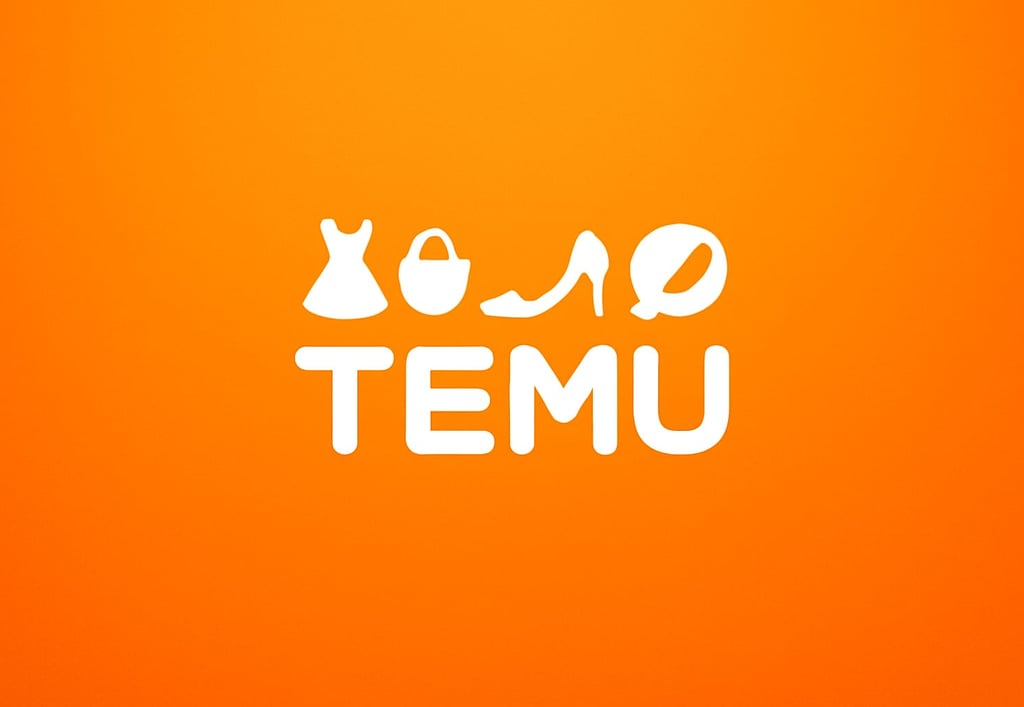PDD Holdings Beats Earnings in Q3 2025, Surging Despite Trade & Margin Pressure
Temu-owner PDD Holdings reported Q3 2025 earnings with EPS of 21.08 yuan and 9% revenue growth to 108.28 billion yuan, beating expectations amid market challenges.
Raja Awais Ali
11/18/20252 min read


Temu-Owner PDD Holdings Beats Profit Expectations in Q3 2025
Chinese e-commerce giant PDD Holdings, the parent company of Temu and Pinduoduo, reported its third-quarter results on 18 November 2025, surprising the market by beating profit expectations. The company’s adjusted earnings per share (EPS) rose to 21.08 yuan, significantly above analysts’ forecast of 16.84 yuan, signaling strong operational performance.
In terms of revenue, PDD’s income for the quarter reached 108.28 billion yuan (about US$ 15.23 billion), marking a 9 percent year-on-year growth. While this rise demonstrates healthy demand, it also reveals a moderation in growth compared to PDD’s rapid expansion in prior years.
Despite this profit beat, PDD’s U.S.-listed shares fell about 3 percent in pre-market trading, reflecting investor caution and uncertainty over margins and longer-term challenges. The company itself attributed this tension to the changing competitive landscape, rising costs, and macroeconomic headwinds.
PDD’s strategy of aggressive discounting and promotional offers appears to be paying off. The company continues to lean into its value-focused model, offering steep price cuts to attract consumers — a strategy that fueled both its Temu and domestic Pinduoduo platforms. However, these tactics come at a cost: significant spending on marketing, discounts, and merchant support weighs on profitability in the near term.
Adding to the headwinds, PDD operates in a highly competitive environment. In China, it faces stiff rivalry from major players like Alibaba and JD.com, which are also offering heavy discounts to retain and expand their user bases. On the global front, Temu’s international operations are increasingly exposed to trade tensions and regulatory risks, especially as cross-border policies shift.
PDD’s leadership remains focused on long-term growth, emphasizing investments in its ecosystem rather than short-term profitability. The company plans to continue funding merchant support programs and improving its logistics and platform capabilities, believing that these investments will yield stronger returns over time.
Analysts view PDD’s performance as part of a broader transformation: the company is no longer just a low-cost e-commerce operator, but is evolving into a more robust digital commerce and services ecosystem. Its deep discounting model, combined with long-term investment, suggests that PDD is aiming for scale and market share rather than immediate margin gains.
Still, the road ahead is not without challenges. Maintaining profitability while continuing to subsidize prices, managing rising costs, and navigating trade policy risks will be critical for PDD’s sustained success. Investor sentiment will likely remain tied to how effectively the company can strike the right balance between growth and margin.
In summary, Temu-owner PDD Holdings has delivered a surprisingly strong profit beat in Q3 2025, underpinned by its aggressive value strategy and continued investment in growth. But to sustain this performance, it must address rising operational costs and competitive pressures — all while delivering on its long-term vision of becoming a global commerce powerhouse.
Stay informed with the latest national and international news.
© 2025. All rights reserved.